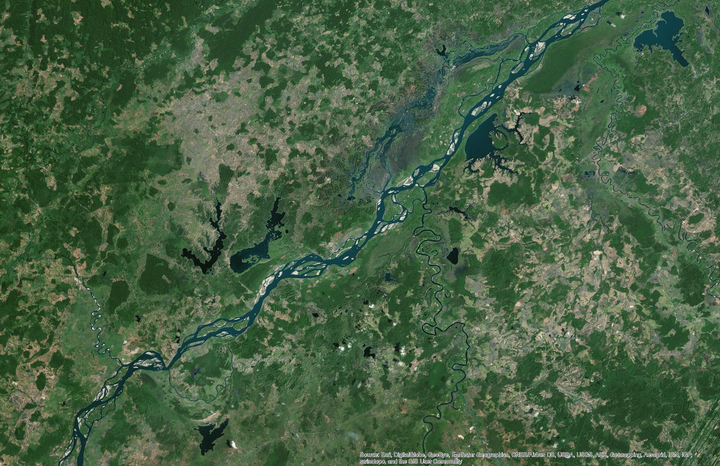 Image credit: NASA Landsat
Image credit: NASA Landsat
Abstract
In a review of landscape-scale empirical studies, Fahrig (2017a) found that ecological responses to habitat fragmentation per se (fragmentation independent of habitat amount) were usually non-significant (> 70% of responses) and that 76% of significant relationships were positive, with species abundance, occurrence, richness, and other response variables increasing with habitat fragmentation per se. Fahrig concluded that to date there is no empirical evidence supporting the widespread assumption that a group of small habitat patches generally has lower ecological value than large patches of the same total area. Fletcher et al. (2018) dispute this conclusion,
Type
Publication
Fahrig L. et al., Biological Conservation 230: 179-186